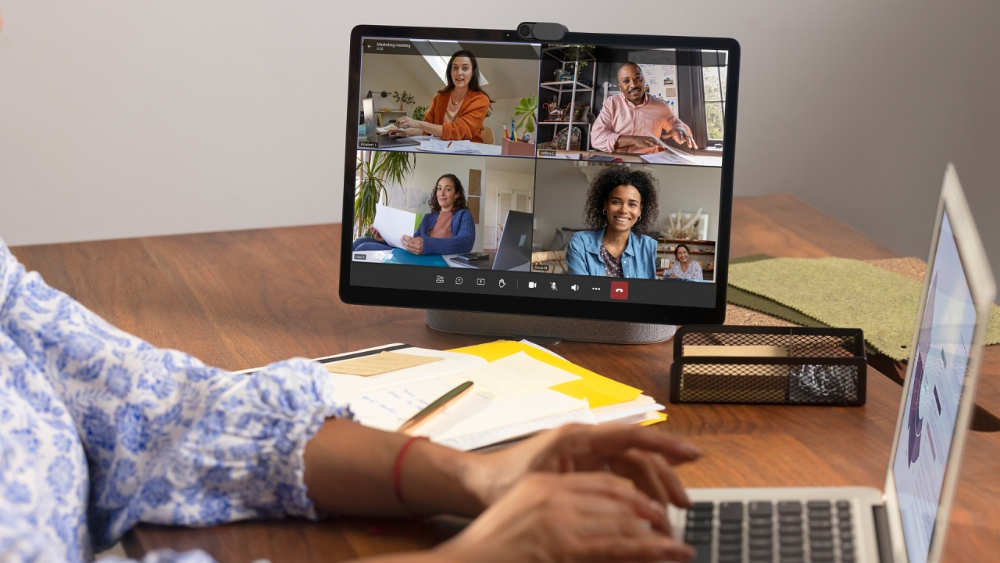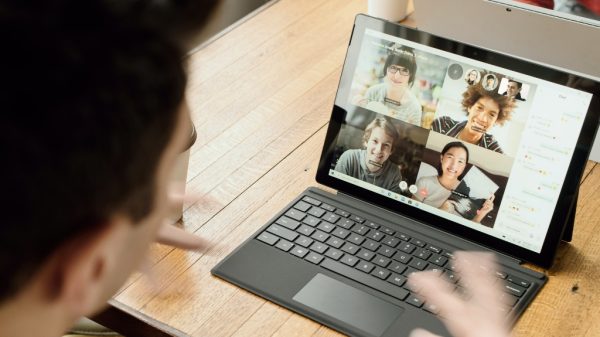This study suggests that remote employees worked less in lockdown than they would have in the office. Between a small sample size and other unreliable factors, however, the study doesn’t appear to hold much water.
The Telegraph reported the news and insinuated on Twitter that employees who stayed home worked “on average, half an hour less than they did previously in the office” due to an increase in distractions and housework.
The Telegraph did not provide a link to the study results, but they did explain it. “A team of scientists from the University of Cambridge asked 766 people to keep diaries of how they spent their time one month before the first lockdown, during the Spring 2020 lockdown and again at the start of 2021.”
“Overall, people spent less time on employment-related activities, while spending more time on housework,” the report concludes.
But The Telegraph also reports that people spent more time working during “unsociable hours” in order to meet their work requirements, suggesting that the problem was less with overall productivity and more with distractions interfering in the rigidity of standard working hours.
What the study seemingly fails to account for is overall productivity. While participants admitted to spending less time attending to work during contracted hours, there was no variable to measure the amount that employees achieved during that time frame.
Employers should also consider that, in addition to 766 participants being a fairly small group from which to take actionable data, the data itself may not be reliable – or universally applicable.
Many Twitter users responding to the Telegraph report pointed out that their home work environments did not have the same number of distractions and socialization as their office spaces. While these users found themselves washing the odd dish or grabbing a snack from time to time, they were ultimately at least as productive as they had been in the office.
With the pandemic continuing to wane, employers will face the difficult choice of whether or not to require employees to return to in-person work environments. One can only hope that they will take more than the journaled musings of 766 study participants into consideration when making that decision.
Jack Lloyd has a BA in Creative Writing from Forest Grove's Pacific University; he spends his writing days using his degree to pursue semicolons, freelance writing and editing, oxford commas, and enough coffee to kill a bear. His infatuation with rain is matched only by his dry sense of humor.











































